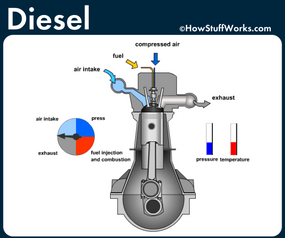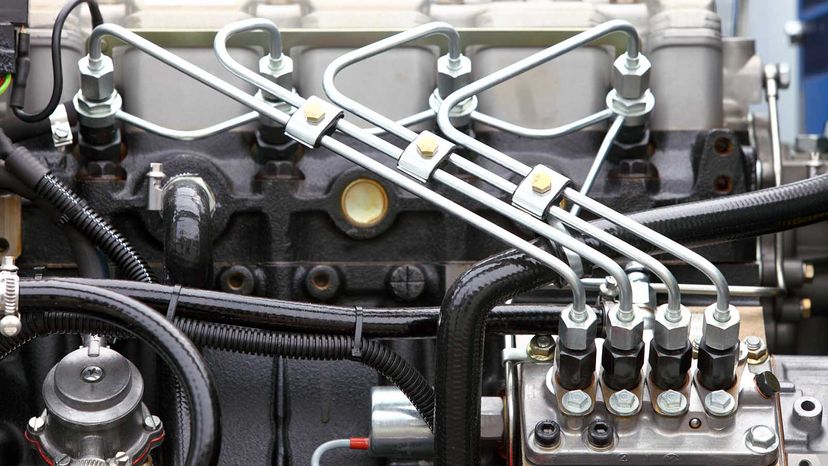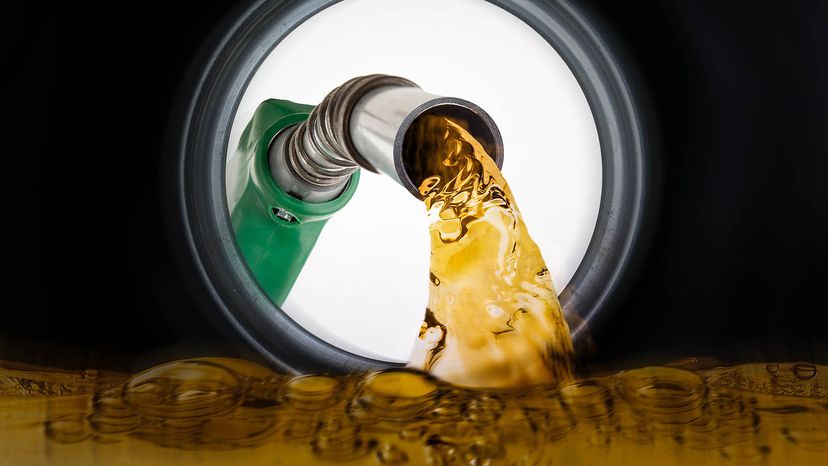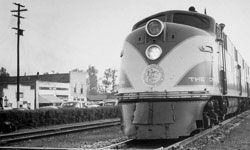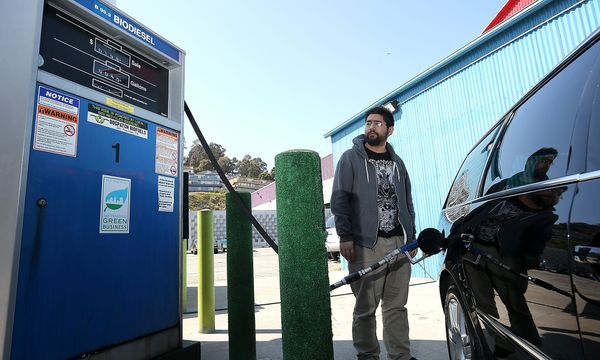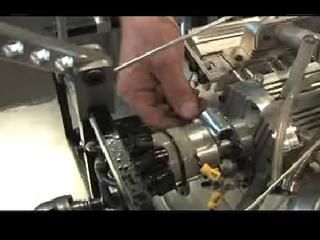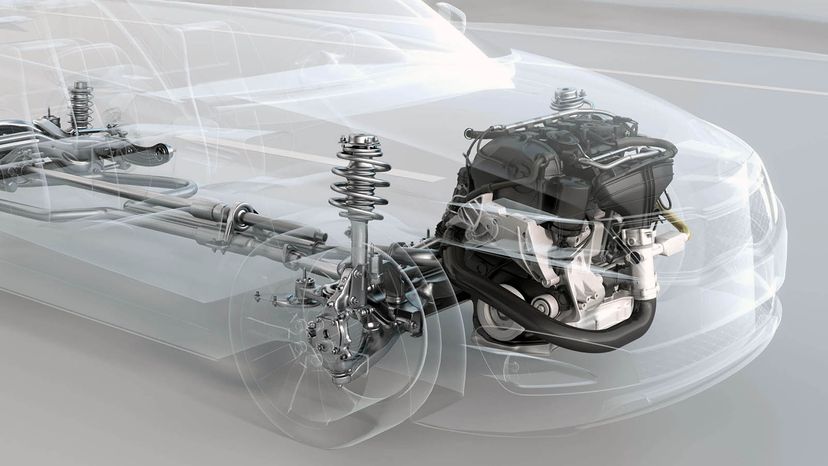
Diesel engines work on the same basic principles as an internal combustion engine, but they do the work differently. Let's take a closer look.
The story of the diesel engine actually begins with the invention of the gasoline engine. Nikolaus August Otto invented and patented the gasoline engine in 1876. His invention used the four-stroke combustion principle, also known as the "Otto Cycle," and it's the basic premise for most car engines today. In its early stage, the gasoline engine wasn't very efficient, and other major methods of transportation, such as the steam engine, fared poorly as well. Only about 10 percent of the fuel used in these types of engines actually moved a vehicle. The rest of the fuel simply produced useless heat.
Advertisement
In 1878, Rudolf Diesel created an engine with a higher efficiency, and he devoted much of his time to developing a "combustion power engine." By 1892 Diesel had obtained a patent for what we now call the diesel engine.
For decades, diesel engines had a reputation for being sooty, dirty and loud. While Europe adopted the technology pretty widely, most drivers in the United States said no, thank you. By the 21st century, though, diesel engines became far cleaner, much quieter and even more efficient, but they experienced a setback in popular opinion because of the Volkswagen diesel scandal in 2014. Thanks to their proven efficiency, though, diesels are regaining some ground.
In this article, we unlock the secrets of the diesel engine and learn about some new advancements.
Advertisement
